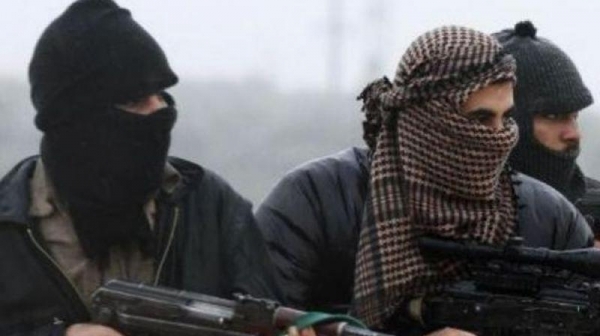Terrorist groups pretending to stand for Islam (4)-The Armed Islamic Group in Algeria
Historical Background
France occupied Algeria in 1830 and tightened its grip on the country’s economic resources, which triggered the birth of resistance movements, foremost of which was the movement led by Prince Abdul Qader Al-Jazaeri. The revolt against the French occupation began on November 1, 1954. Heinous battles and massacres unfolded against the rebels, resulting in the deaths of 1,500,000 Algerians. Yet, these movements managed to achieve the withdrawal of France and the declaration of Algeria’s independence on July 5, 1962, after 132 years of occupation and eight years of rebellion.
Power was seized by the National Liberation Front, which was the only recognized party at the time. Algerian Army generals succeeded to the presidency of the republic of Algeria, and despite a period of quiet and stability , their rule lacked the economic and social development expected in a country with a considerable wealth of petroleum reserves. This socio-economic crisis, coupled with the rise of Islamic movements that date back to 1979 and which suffered from oppression, led to the emergence of popular movements in the Algerian capital and most of Algeria’s cities in 1988.
Intifada (Popular Uprising)
The popular intifada broke out, led by Abbas Madani’s Islamic Salvation Front, resulting in drastic changes in the structure of the state. The single-party system was brought down giving way to a multiparty rule. Elections were held starting with the municipal elections which yielded the victory of the Islamic Salvation Front with 953 municipal councils out of 1539. This strong popularity enabled the Front to advance into the parliamentary elections of January 1991 and to win 188 seats out of 231 or roughly 80%. The Front’s victory qualified it once again to be in power and decision-making position.
The Front’s landslide win first in municipal, then parliamentary elections drove the government and senior army generals to take action in order to avoid losing the power they had seized for over thirty years. To this end, they made several arrests amongst the members of the Front accusing them of armament and acts of terrorism aimed against the army and the civilians. In early 1992, Algerian President Al-Shazli Bin Jadid dissolved the Algerian parliament (People’s National Assembly) and tendered his resignation. Afterwards, the Higher Security Council cancelled the results of the parliamentary elections and prevented the Front from reaching power after it had been dissolved by the Council and banned from being involved in politics. These measures sparked a military clash between the authority and the pro-Front Islamic groups or those groups opposing the state.
Confrontations
After the cancellation of the elections and the dissolution of the Front, extremist members moved to work under the Armed Islamic Group, killing those Algerians who refused to support the group. The Armed Islamic Group assassinated and kidnapped prominent political and military figures and planted car bombs, thus plunging Algeria in a bloodshed. This persisted until 1998 when the Army managed to minimize the efficiency of the group and to paralyze its activity in key cities, although it continued to operate in remote border areas.
Group’s Doctrine
The Armed Islamic Group follows the jihadi Salafist discipline by seeking to establish the State of Islam using the legitimate religious methods. The Group challenges what it regards as “twisted ways” such as elections and has therefore used the cancellation of elections as no more than a pretext since it does not believe in democracy or electoral freedom.
For the purpose of establishing an Islamic State, all means and methods are permissible (extermination of the enemies of Islam including women, children and the elderly.) According to the group’s doctrine, killing enemies is religiously legitimate, even if there were Muslims among the said enemies. However, the deliberate killing of a Muslim is not permissible whereas it is totally acceptable to rob banks and steal the resources of the state as these are considered to be spoils of war.








Leave A Comment